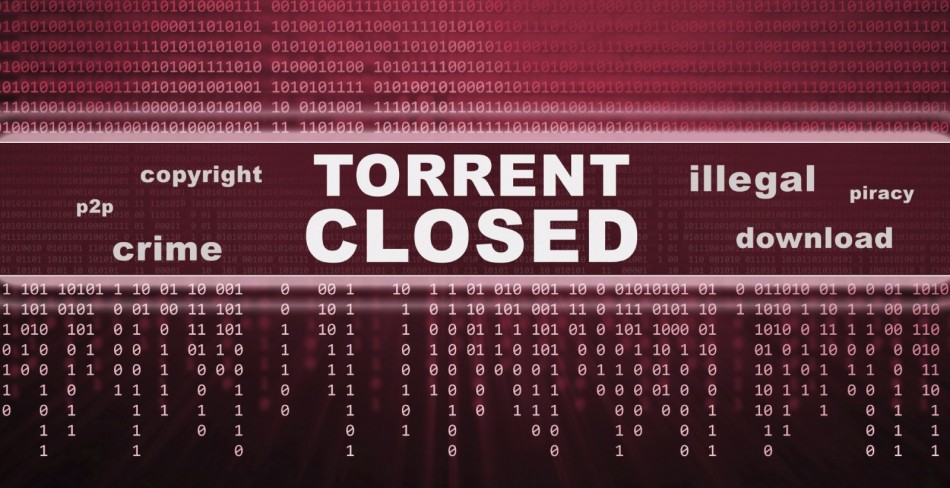
Going Iron Maiden-y on Illegal Downloads
In our 50s-pulp-science-fiction world of incessantly marching into the next technology there is one undeniable fact: we must adapt and use the data tsunami that we live in or get bashed on the rocks by it. There is one recent data-jetsam of news that I want to chat about.
The British heavy metal band Iron Maiden has used data on illegal downloads of their songs to plan their tours since 2011.
When I first saw this breaking news story I immediately jumped on Twitbook and posted, “Genius!” with the link. And I still believe it’s genius, as well as important. On the one side you have bands like Metallica who fought Napster tooth and nail and ended up just looking foolish. You have Gene Simmons of Kiss who just two weeks ago said, “Napster’s founders should have been treated like the Nazis” — one of whom is Sean Parker, who went on to become co-founding president of Facebook and is currently a multi-billionaire — even richer than Gene Simmons. Then you have a declaration from the London Stock Exchange in the report 1,000 Companies to Inspire Britain that Iron Maiden’s holding company, Iron Maiden LLP, has been named as one of the UK’s fastest-growing music firms and one of six music companies outperforming other businesses in the sector.
Well, if album sales are in the dump from illegal downloading, that money has to be coming from somewhere. Live performances and merch are where all the action is. Iron Maiden toured heavily in South America, with their show at the Arena Anhembi in São Paulo, Brazil grossing over $2.5 million. That’s one show. “Iron Maiden’s BitTorrent data suggests Brazil is a huge driver of fans — and given Brazil is one of the biggest file-sharing nations on the planet, this is a strong indicator of popularity,” said Greg Mead, CEO and co-founder of Musicmetric.
There’s no dumb luck with this touring strategy. In the summer of 2013 Iron Maiden was named #1 on the Billboard Hot Tours for the week of July 26, 2013, out-grossing Taylor Swift and Justin Bieber. This is from a band that was founded in 1975 with all the members in their late fifties and early sixties. “Ticket sales from 13 venues in seven countries were reported this week beginning with a sold out performance on May 29 at Lisbon’s Pavilhão Atlântico. Altogether from 14 concerts, attendance totaled 259,298. Included in that count is a sellout crowd of 55,531 at a football stadium, Friends Arena, in the Stockholm suburb of Solna, Sweden.”
Now here’s the rub — the plot twist and where this all gets juicy. These are the findings of a Columbia University study on where people’s music collections come from: “US P2P users have larger collections than non-P2P users (roughly 37% more). And predictably, most of the difference comes from higher levels of ‘downloading for free’ and ‘copying from friends/family.’ But some of it also comes from significantly higher legal purchases of digital music than their non-P2P using peers — around 30% higher among US P2P users. Our data is quite clear on this point and lines up with numerous other studies: The biggest music pirates are also the biggest spenders on recorded music.”
So there are a few points I would like to present to the court. They are based on the fact that we are all on a roller coaster of technology and it’s only going to get better or worse from here depending on whether you’re of Gene Simmons’s brain or Iron Maiden’s brain. If you are an artist of any type who wants to achieve some sort of financial success all that really matters is your live performance and your art. People ultimately will pay for your performance and your art whether you’re local or global. You will have to creatively embrace the tech-overlords to make $2.5 million in a night, though. Now, if you are an artist who doesn’t care about money, then all that matters is your live performance and your art.
There’s a theme running here. With the current explosive rate of technology we will all find ourselves, at some point in time, in the place of the record labels in the face of illegal downloading. They were just one of the canaries in the coal mine. I’m sure some alarm clock and calculator manufacturers curse their smart phones every day. We can choose to throw a tantrum like Gene Simmons or get all Iron Maiden-y on the situation and turn it to our advantage. Regardless, just focus on your performance and your art. In the end it’s all that really matters anyway.

Great post this sums up turning a disadvantage into an advantage perfectly.